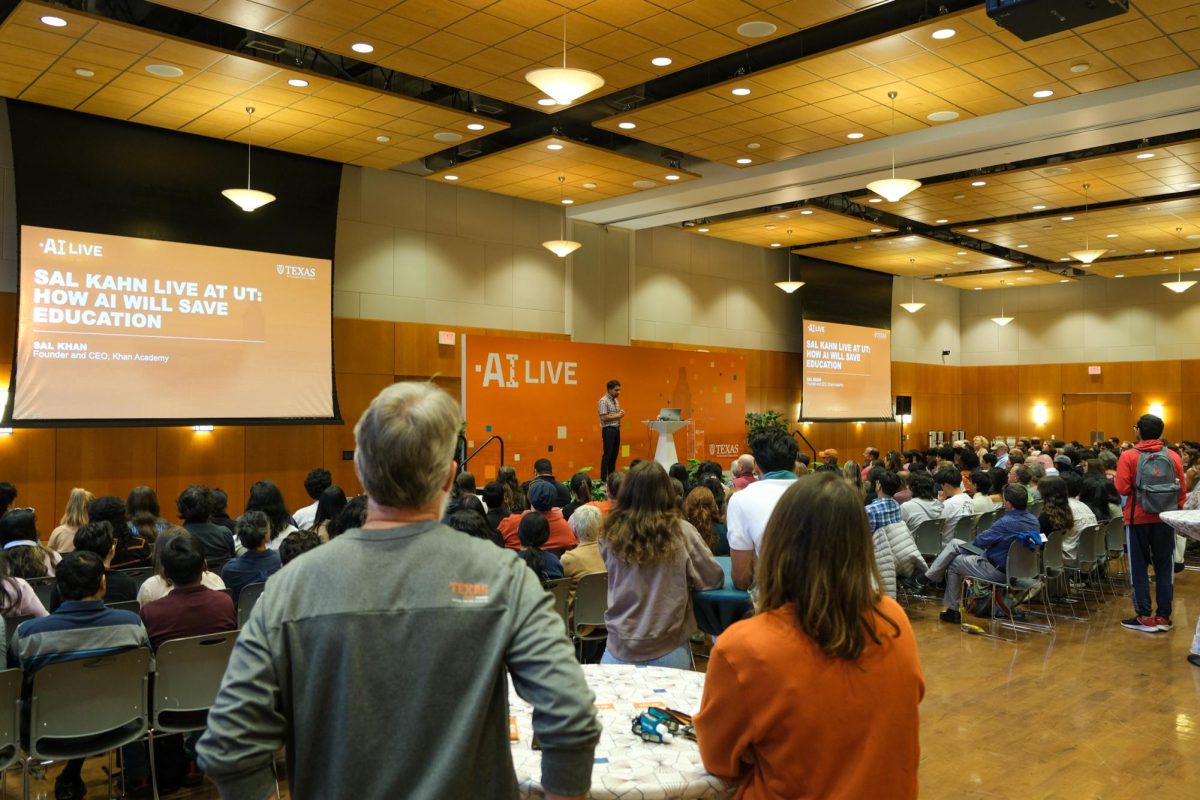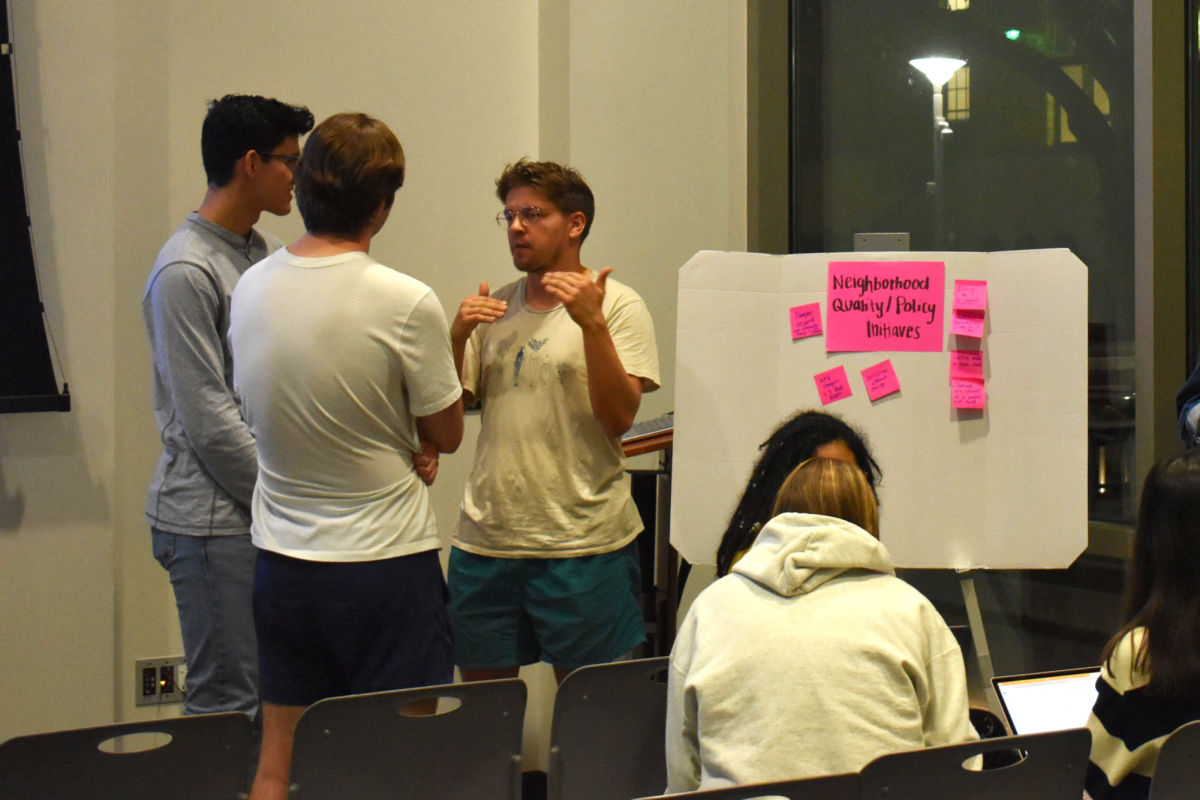To attract customers to movies, studios use fake Twitter accounts and hire real Twitter accounts to post overly positive messages about their movies, according to a recent study co-authored by a UT professor.
“The average Twitter sentiment and the proportion of highly positive tweets both exhibit a significant drop on the movie’s release day,” said Andrew Whinston, an information, risk and operations management professor.
Movie studios have trouble generating interest for customers to watch movies when they are first released. Customers know they are less likely to waste time and money on a bad movie if their friends have already seen and reviewed the movie well, so movie theaters need people to see movies, write reviews and generate interest early, Whinston said.
“There’s a lot of pressure to generate fake tweets,” Whinston said. “Now, buying fake tweets, fake names, fake followers is something you can easily do online. You can set up something where it looks very legitimate.”
An increase in tweets on a movie’s release day occurs even in regions experiencing extreme weather at the time of release, when consumers are unlikely to watch a movie, the study found. The study also found fewer tweets promoting movies by smaller studios with fewer advertising resources.
“Twitter can be very influential, especially at our age,” public health senior Monica Navarro said. “(Fake tweets about movies are) not good for us because then we get the wrong idea about what we’re going to watch. We may get false advertising about it, make it hyped up and go watch it when it’s lies and they’re trying to influence us.”
By appearing genuine, these tweets won’t be discounted the way ads automatically are, Whinston said.
“Fake news seems to happen a lot, and companies obviously shouldn’t spread that, especially about really important things,” computer science freshman Dede Zhou said. “But we should also be better about spotting (fake news) ourselves.”
Social media companies such as Facebook or China’s Sina Weibo verify a user’s identity more than Twitter does in order to ensure posts are real. Since social media platforms focus on generating and retaining user focus, companies have limited incentive to verify identities, Whinston said.
“The main takeaway is that you have to be careful in following what you think are useful information pieces from Twitter or else you’ll be misled,” Whinston said. “It’s hard for you to know what’s real and what isn’t.”


















